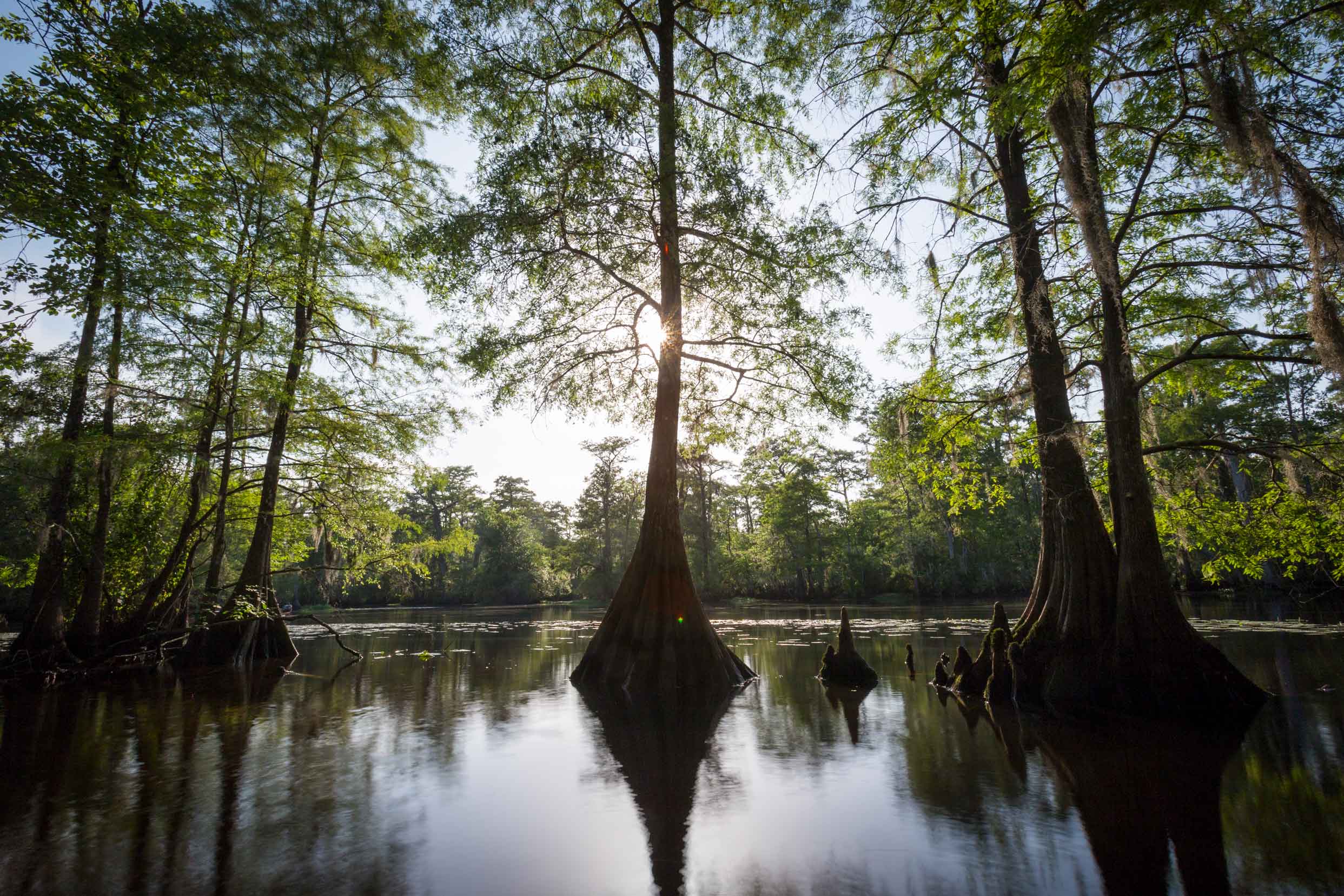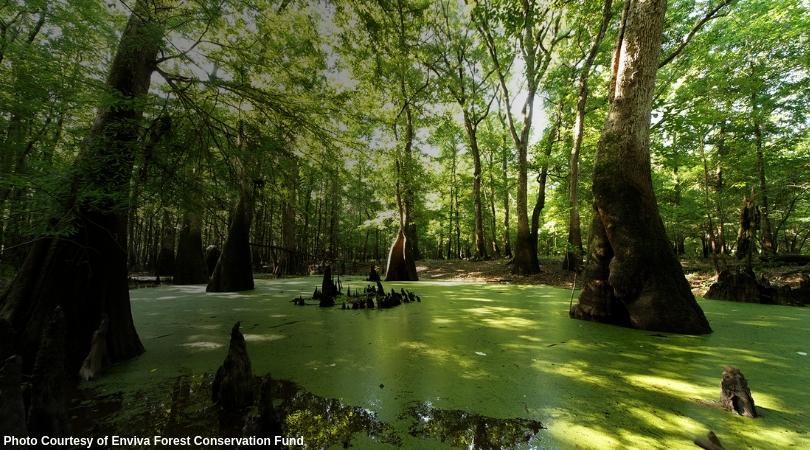Exploring Blockchain Technology As A Means To Address Wood Sources
Blockchain technology, also known as hyperledger fabric in one of its forms, has been frequently mentioned among the most important innovations of the 21st Century. While many have heard of blockchain in connection with cryptocurrency and its ability to provide secure and secret transactions, a mirror image of the technology allows unprecedented transparency and the ability to track transactions across complex value chains. In short, blockchain holds the potential to increase the accuracy of information while reducing costs of verifying transactions.
In late 2017 the U.S. Endowment for Forestry and Communities (Endowment) began exploring the potential of blockchain as a cost-effective tool to track transactions in the global wood supply chain. If thetechnology can measure up to the “hype” in the “hyperledger” it might prove to be a tool in combattingillegal logging – a problem that robs private producers and governments of more than $15 billion annually. In a U.S.-only context it could provide a ready means to track the sourcing of trees from forests to manufacturing operations and then forest products ultimately to consumers providing assurance of conformance with legality and sustainability objectives.
“The blockchain is an incorruptible digital ledger of economic transactions that can be programmed to record not just financial transactions but virtually everything of value.”Don & Alex Tapscott, authors Blockchain Revolution (2016)
After meeting and exploring the concept with one of the world’s foremost blockchain developers – IBM – the Endowment’s Board approved an investment to prove the concept in a U.S. context. “We believe thebest way to test the potential of blockchain is to do so using tangible examples on the ground,” said Endowment President and CEO Carlton Owen. “Our Board has committed to fund IBM’s engagement inthe process but we need one or more landowner and manufacturing operations in a concentrated area to build out the proof of concept in a working setting. Our initial thinking is that the hardwood sector mightprovide the best case study,” said Owen.
Organizations and entities wishing to explore the potential for collaboration should contact theEndowment. “We expect the proof of concept work to be completed perhaps by the end of 2018,” saidAlicia Cramer, Endowment Senior Vice President, who will be leading the effort. “Only then can we beginto understand its potential in forest certification efforts and/or to address illegal logging.”
For more information contact:
Carlton N. Owen, President & CEO, 864-233-7646, carlton@runslikeclock.work
The U.S. Endowment for Forestry and Communities (the Endowment) is a not-for-profit public charity working collaboratively with partners in the public and private sectors to advance systemic,transformative, and sustainable change for the health and vitality of the nation’s working forests andforest-reliant communities – www.usendowment.org



